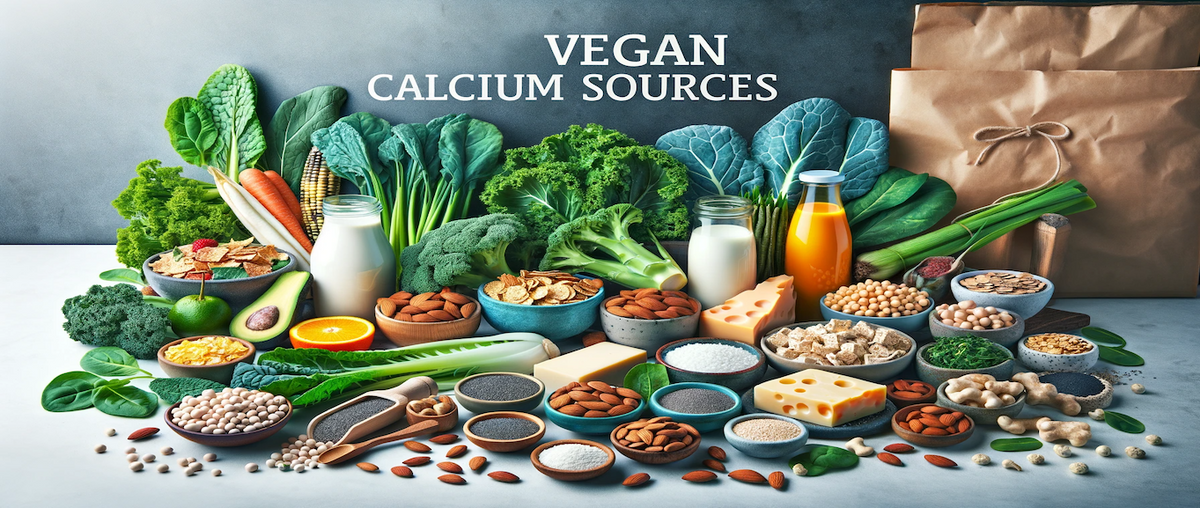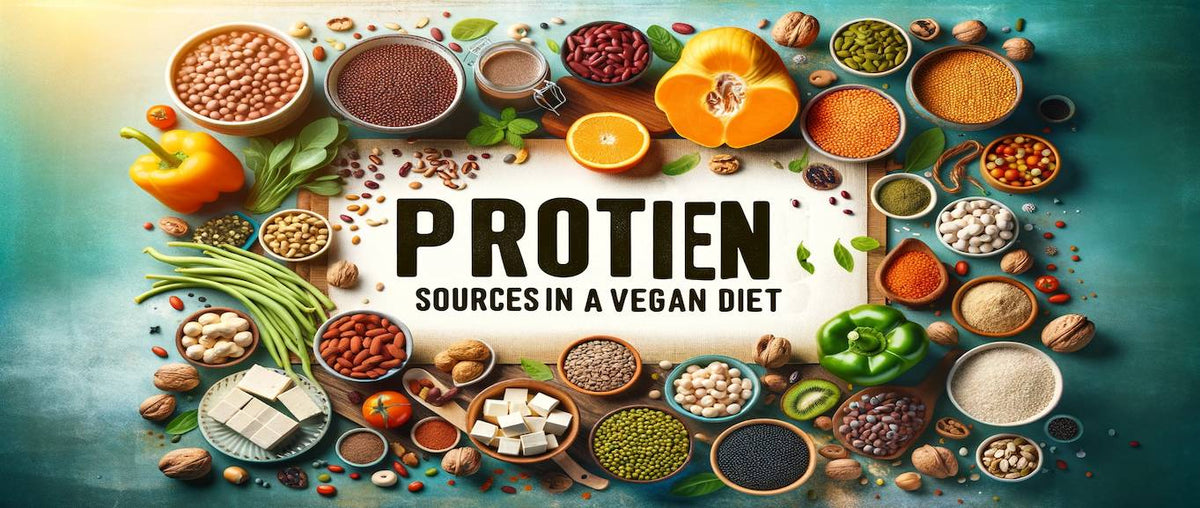heart healthy diet
Embracing a heart healthy diet is essential for preventing heart disease and maintaining overall wellness. This guide delves into the best foods and dietary patterns to support heart health, combined with practical tips. Discover how simple changes to your eating habits can lead to significant benefits for your heart and life
Key Takeaways
- Prioritize Whole Foods: Emphasize a variety of fruits, vegetables, whole grains, and lean proteins to enhance heart health.
- Limit Harmful Fats and Sugars: Reduce intake of saturated fats, trans fats, and added sugars to lower the risk of heart disease.
- Incorporate Heart-Healthy Fats: Include sources of healthy fats like olive oil, cashew butter, and avocados to improve cholesterol levels and reduce inflammation.
- Stay Active: Combine a nutritious diet with regular physical activity to maximize cardiovascular benefits.
- Plan Meals: Engage in weekly meal planning to maintain a consistent and balanced heart healthy diet.
- Manage Stress: Implement stress management techniques to support overall heart health and well-being.
- Learn from Success Stories: Gain motivation from others who have successfully integrated heart-healthy habits into their lives.
Understanding a heart healthy diet
Vegetables and Fruits
Eating a variety of vegetables and fruits is foundational to a heart healthy diet. These foods are not only rich in vitamins and minerals but also full of dietary fiber and antioxidants, which help manage blood pressure and reduce oxidative stress, respectively. Leafy green vegetables like spinach and kale are particularly beneficial, offering high levels of folate and potassium which support heart health.
Whole Grains
Whole grains provide essential nutrients such as fiber, which can help to improve cholesterol levels and reduce the risk of heart disease. Foods like oatmeal, brown rice, and whole-wheat bread are excellent choices for anyone looking to maintain a healthy diet.
Proteins
Choosing the right proteins is key, especially when aiming for muscle recovery and overall heart health. Lean meats, fish like salmon and mackerel, and Plant Based sources such as lentils and chickpeas, provide substantial nutrients without excessive saturated fat.
Healthy Fats and Oils
Incorporating healthy fats is crucial for heart health. Options like olive oil, cashew butter, and other unsaturated fats help to lower bad cholesterol levels and provide essential fatty acids that the body needs. vegan butter is a great alternative for those following a Plant Based diet, providing flavor without the added cholesterol found in traditional Unsalted Butter.
Dairy
For those who consume dairy, choosing low-fat or fat-free options can be beneficial. However, vegan cheese and other dairy-free alternatives can also play a part in a heart healthy diet, especially for those looking to avoid cholesterol.
Foods to Embrace and Avoid
Must-Have Foods
Foods rich in omega-3 fatty acids, such as walnuts and flax seeds, are excellent for heart health. Incorporating Healthy Snacks for Kids and adults, like sliced apples with almond butter or a small portion of vegan cheese, can also contribute positively to one's dietary habits.
Foods to Avoid for Heart Health
To maintain heart health, it's crucial to limit intake of saturated fats, trans fats, and high sodium foods. Avoiding processed foods and cutting down on red meat can reduce heart disease risk. Instead, focus on integrating Plant Based foods and lean protein into your meals.

Best Diets for Heart Disease
Mediterranean Diet
Renowned for its heart-healthy properties, the Mediterranean diet emphasizes olive oil, fruits, vegetables, nuts, and fish. This diet has been shown to reduce the risk of heart disease thanks to its reliance on unsaturated fats and lean proteins.
DASH Diet
Designed to stop hypertension, the DASH diet encourages reducing sodium intake while increasing consumption of potassium-rich foods like bananas and sweet potatoes. It focuses on whole grains, lean meats, and lots of fresh produce.
Plant Based Diet
plant based foods form the core of this diet, which excludes all animal products, relying instead on legumes, whole grains, and plant proteins. This diet supports heart health by minimizing the intake of harmful fats and maximizing dietary fiber.
Practical Tips for a heart healthy diet
Cooking and Preparation: Preparing meals at home allows for complete control over ingredients. Use methods like steaming, baking, or grilling to reduce the need for excess oil. Flavor dishes with herbs and spices instead of salt, and experiment with garlic butter (using vegan butter for a Plant Based option) for added taste without harmful fats.
Meal Planning: Plan meals weekly to stay on track. Incorporate a variety of food from the heart-healthy categories to ensure nutritional balance. Keep healthy options like kombucha or Healthy Drinks on hand to avoid sugary beverages. For dessert, consider a fruit-based option or a small serving of cashew butter mixed with dark chocolate for a touch of indulgence.
Healthy Snacks for Kids: Keeping heart healthy snacks available is crucial for avoiding unhealthy choices. Small packs of chopped vegetables, fruits, or homemade granola bars can provide nutritious and convenient options for children and adults alike.
By incorporating these strategies and diet plans into your lifestyle, you can significantly improve your heart health and overall well-being. These practical tips not only support a heart healthy diet but also contribute to sustainable eating habits.
The Science Behind Heart-Healthy Eating
Understanding the biological impacts of our dietary choices can empower us to make better decisions that benefit our heart health.
Research and Studies
Numerous studies have shown that diets rich in fruits, vegetables, and whole grains can reduce the risk of heart disease. For instance, omega-3 fatty acids found in fish have been proven to decrease triglycerides, lower blood pressure, and reduce blood clotting. Additionally, the fiber in whole grains helps control cholesterol levels by promoting the elimination of bile acids.
How Foods Influence Heart Health
Foods high in saturated fats and trans fats can increase heart disease risk by clogging arteries and elevating cholesterol levels. Conversely, consuming healthy fats like those in olive oil and cashew butter can improve heart health by reducing inflammation and cholesterol levels. Antioxidants in fruits and vegetables, like those found in leafy green vegetables, combat oxidative stress, which can damage cells and contribute to heart disease.
Overcoming Challenges
Adopting a new eating habit can be challenging, especially when it involves significant dietary changes. Here's how to navigate these hurdles effectively.
Common Obstacles
Many individuals struggle with the availability of healthy options, the perceived cost of healthy food, and the effort required to prepare nutritious meals regularly. Additionally, resisting the temptation of high-fat, high-sugar foods can be difficult for many.
Solutions and Advice
- Plan Ahead: Meal planning can drastically reduce the stress of eating healthily. Prepare heart-healthy batches of meals like stews, soups, and salads that can be refrigerated or frozen for later use.
- Educate Yourself and Family: Knowledge is power. Learn about heart-healthy foods and involve your family in this journey to make it a collective effort.
- Seek Support: Joining support groups or online communities can provide motivation and accountability.
- Adapt Gradually: Start by introducing one healthy meal a day or swapping one unhealthy snack for a better alternative like Healthy Snacks for Kids or Healthy Drinks. Over time, these small changes can lead to lasting habits.
By understanding the scientific basis for heart-healthy eating and applying practical solutions to common challenges, you can make sustainable changes to improve your cardiovascular health and overall wellness.
Lifestyle Integration for Heart Health
Integrating heart-healthy habits into daily life goes beyond diet. Combining good nutrition with other lifestyle changes can amplify benefits and contribute to overall well-being.
Combining Diet with Exercise
Regular physical activity complements a heart healthy diet by improving blood circulation, strengthening the heart muscle, and aiding in weight management. Aim for at least 150 minutes of moderate-intensity aerobic exercise, such as brisk walking or cycling, per week.
Stress Management
Chronic stress can negatively impact heart health by raising blood pressure and contributing to poor dietary choices. Techniques like mindfulness, yoga, and regular relaxation can help manage stress effectively.
Conclusion
Adopting a heart healthy diet is not just about avoiding certain foods but embracing a lifestyle that fosters overall health. Start small, make consistent changes, and soon, eating heart-healthy will become a part of your daily routine.
This comprehensive article not only covers the essentials of maintaining a heart healthy diet but also provides practical tips and real-life examples to motivate readers to make lasting changes. With a focus on science-backed information, practical advice, and inspiring stories, we aim to empower individuals to take control of their heart health through informed dietary and lifestyle choices.
Craving a delicious vegan meal? Look no further! We've got a guide to the best vegan restaurants in India, ready to help you discover amazing Plant Based eats in your city.










